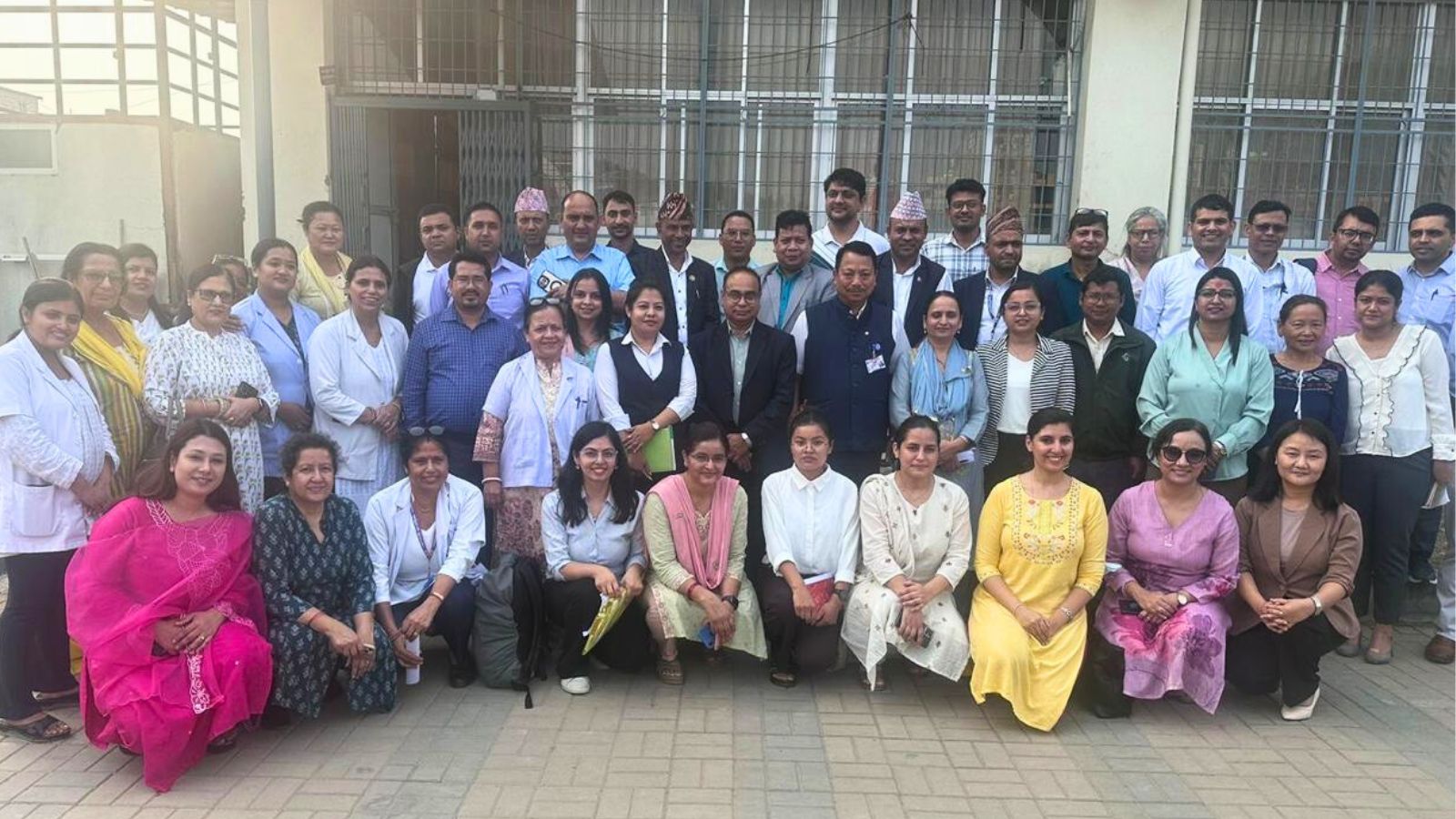Strengthening Maternal and Newborn Care with UNICEF in Lumbini and Sudurpaschim province, Nepal.


Laerdal Global Health is collaborating with UNICEF and the Simulation Society of Nepal in an innovative three-year project, running from 2024-2027. This collaboration, under the leadership of Family Welfare Division, Ministry of Health and Population, aims to strengthen maternal and newborn care in Lumbini and Sudurpaschim – the two Nepalese provinces with the highest mortality rates.
While more Nepalese women now give birth in health facilities, maternal and newborn mortality rates have stagnated – indicating that improving the quality of care within facilities is critical.
The country has set out important goals, including in the Nepal’s Every Newborn Action Plan, which aims to bring the newborn mortality rate to 13 per 10000 live births, and in the Nepal Safer Motherhood and Newborn Health Road Map, which makes clear the aim for Nepal to fall below 70 maternal deaths per every 100,000 live births by 2030.
To meet these aims, progress in improving the quality-of-care mothers and newborns receive on the day of birth requires acceleration.
We are committed to supporting the Nepalese Government in reaching their targets for maternal and newborn mortality. This partnership approach allows us to bring together strengths and expertise, so that we can tackle the stagnation in maternal and newborn mortality with a comprehensive approach.
The three-year project focuses on 10 health facilities that handle approximately 22,000 births annually. At the heart of the program is a commitment to building healthcare workers' skills through regular, practical training. This low-dose, high-frequency training approach helps birth attendants build both technical skills and confidence
“At the core of this program is a focus on creating sustainable approaches to quality improvement so that the competence of healthcare workers can develop, improve and sustain.”
Unisha Shrestha, Implementation Manager, Laerdal Global Health, continues: “Ensuring data-driven regular hands-on simulation training opportunities that are on-site and responsive to the needs of the providers, is a proven approach, and one used in the Safer Births Bundle of Care: a program that is showing remarkable results in Tanzania currently. As Laerdal Global Health is a partner in that program, we are well-placed to bring learnings and apply those within the context of Nepal and this specific partnership.”

Image: A group photo after an orientation training in the Lumbini province.
The partnership has introduced specialized monitoring devices that help health workers detect problems earlier and inform timely decision making. Among these are the Moyo Fetal Heart Rate Monitor and the Bempu Hypothermia alert device.
Through both the hands-on training approach and the introduction of these clinical innovations, the aim is to support birth attendants to better identify, prevent and respond to emergencies on the day of birth emergencies on the day of birth, including postpartum hemorrhage, birth asphyxia, still birth and complications with babies born too small or sick.
While improving clinical care is essential, the program also focuses on community engagement to increase the use of maternal and newborn health services, particularly among marginalized groups.
Alongside the main partners, the project is also being supported by many local professional organizations.
For more information about the Safer Births Bundle of Care – on which this program’s approach has been modelled – visit: www.saferbirths.com